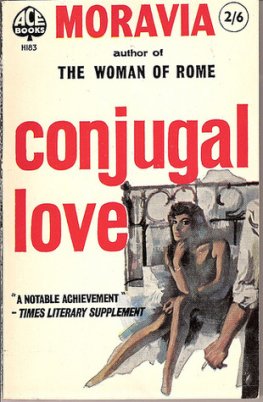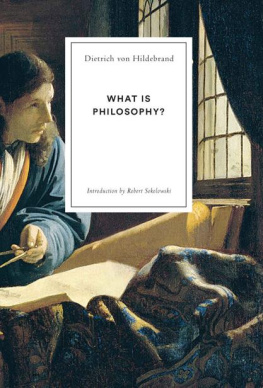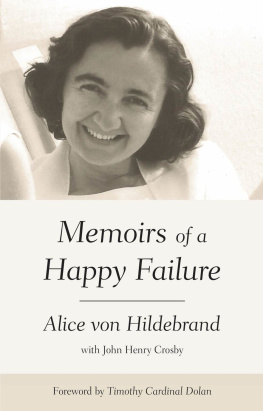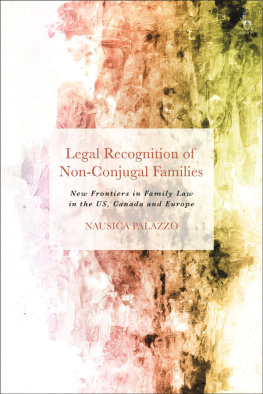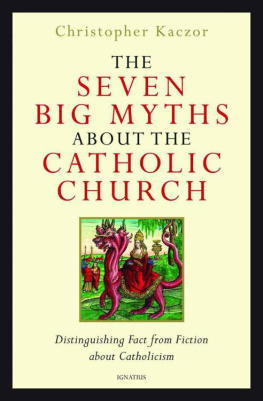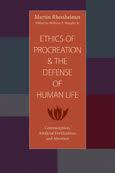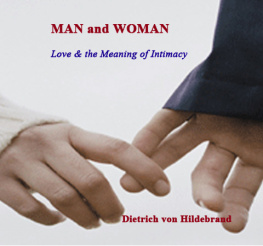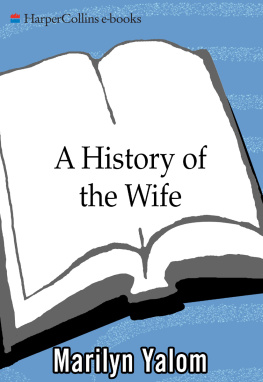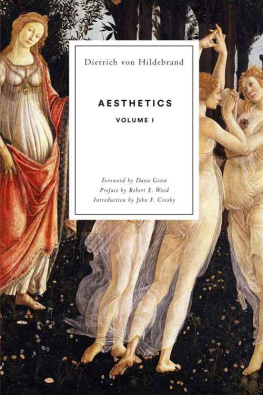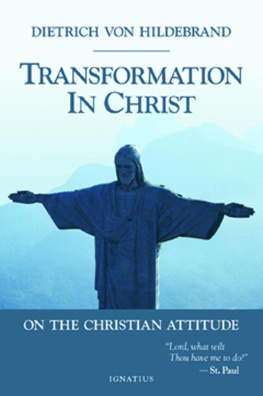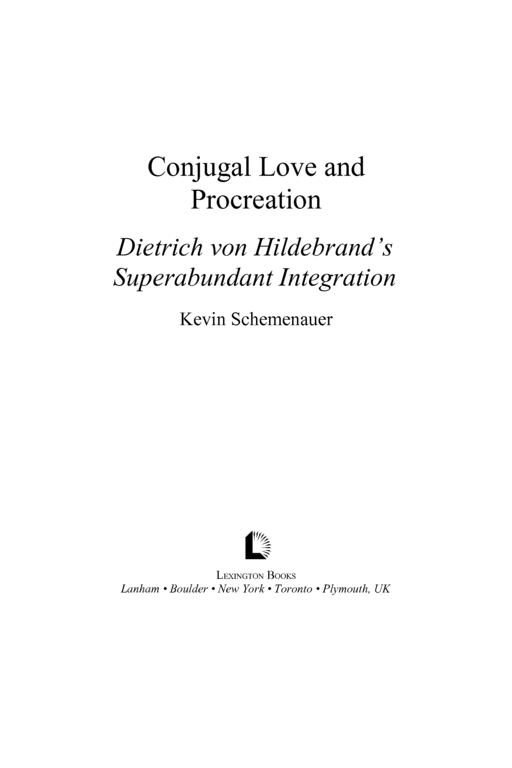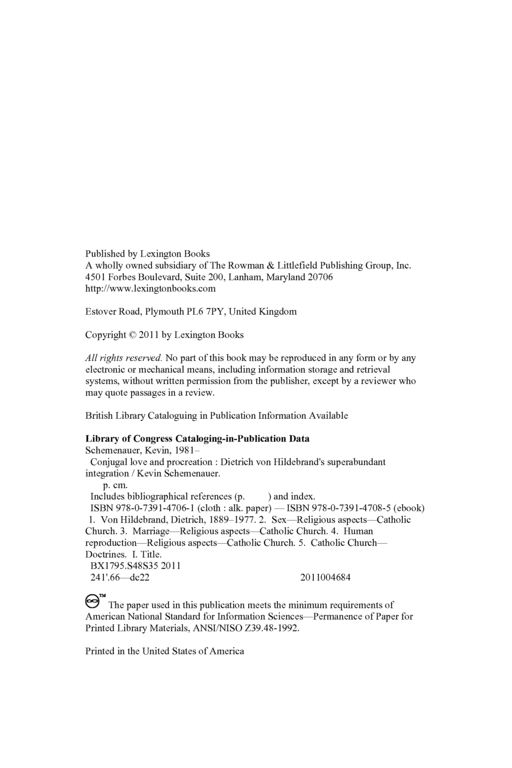Contents
Acknowledgments
Introduction
Part I: Conjugal Love and Marriage
| 1 | Conjugal Love and Marriage |
A. Conjugal Love
B. Natural Marriage
C. The Transformation of Conjugal Love
D. Transformation of Marriage
E. Summary
| 2 | The Depth of the Conjugal Act |
A. Consummation of Marriage
B. Actualization of Conjugal Love
C. Misuses of the Conjugal Act
D. Summary
| 3 | The Primary Meaning of Marriage |
A. Failure to Clarify the Meaning of Meaning
B. What Is the Meaning of Meaning?
C. Summary
Part II: Procreation
| 4 | Reverence and Superabundance |
A. The Principle of Superabundance
B. Intentionality in Superabundant Finality
C. Reverence
D. The Primary End of Marriage
E. The Enhanced Role of Procreation in Marriage
F. Summary
A. Overpopulation
B. The Rhythm Method
C. The Good of Children
D. Nature
E. The Sacrifice of Periodic Abstinence
F. Summary
| 6 | Artificial Birth Control |
A. Conjugal Love and Artificial Birth Control
B. Reverence and Artificial Birth Control
C. Conscience and Artificial Birth Control
D. Summary
Conclusion
A. Conjugal Love, Marriage, and the Conjugal Act
B. The Primary Meaning and End of Marriage
C. The Rhythm Method and Artificial Birth Control
D. Topics for Further Study
Bibliography
Index
About the Author
Acknowledgments
The conception and rearing of this work was not the work of one individual but the fruit of many hands. The One who played the most important role is the Triune God who in Love created all things and established that procreation should overflow from the depths of conjugal love. My parents played a unique role by participating in the mystery of procreation and accepting the fruit of that mystery with loving care.
Although the manuscript has seen a number of revisions in the last few years, it was first a dissertation written at The Catholic University of America. Without the financial support of the university I would not have been able to pursue a Ph.D. in Moral Theology/Ethics, much less write this work. In particular, my dissertation director, John Grabowski, with his breadth of knowledge, eager use of red ink, and encouragement throughout my graduate studies has left a lasting impression on this manuscript and on my soul. Others who contributed in some way to the formulation of editing of this work include Andy Lichtenwalner, William Daniel, Damian Fedoryka, Michael Waldstein, Janet Smith, Brian Johnstone, Kenneth Schmitz, Sean Kinsella, and Mark Reasoner.
I owe a debt of gratitude to Dietrich von Hildebrand. This book is largely a synthesis and analysis of his rich insights. I had access and exposure to his thought in part because of the vigorous support that Alice von Hildebrand and The Dietrich von Hildebrand Legacy Project have given to Dietrich von Hildebrands life, writing, and thought. Thanks to the Legacy Project, I had access to a comprehensive bibliography of von Hildebrands works at the beginning of my research and was able to clarify my thinking at two von Hildebrand conferences. The Legacy project also granted me permission to quote extensively from four of von Hildebrands works: The Encyclical Humanae Vitae: A Sign of Contradiction ; Man and Woman ; Marriage ; and Purity: The Mystery of Christian Spirituality .
For help in the mature stages of this work, I am thankful to Holy Family Parish in Mitchellville, Maryland, Marian University, and Lexington Press. Holy Family Parish employed my wife, enabling me to work full-time on the dissertation for a year. Marian University employed me and supported my research with a Bonaventure Research Award. A special note of thanks goes to my department chair, Andy Hohman, for decreasing my course preparations for three semesters. I am thankful to Lexington Press for their willingness to support and publish this work. I appreciate the anonymous reviewer who suggested that I highlight more how von Hildebrand integrates conjugal love and procreation. Thank you also to Melissa Wilks and Jessica McCleary for leading the editing and publishing process.
Finally, I thank my wife, Frances, my son Gabriel, and the yet to be named superabundant fruit who likely will be born before this work goes to press. Although my wife has not read a single page of this manuscript, our shared conjugal love has motivated my interest in the topic and encouraged me to bring the project to a completion.
Introduction
Anselm brings to light a distinguishing feature of creation, the Incarnation, and procreation. Dietrich von Hildebrands account of marriage and the conjugal act highlights two key similarities of these three events. All three remind humanity of its place as a creature before the Creator and all three manifest Gods superabundant love.
Abram, who would become the father of faith, and his wife Sarai, struggled with infertility even while God promised them descendants as numerous as the stars (Gen. 15:5).
Procreation remains central in the Church today. Differing understandings of marriage and the role of procreation in marriage are at the heart of many currently debated moral issues: overpopulation, under-population, natural family planning, contraception, in vitro fertilization, surrogacy, cloning, infertility, homosexual unions, abortion, frozen embryo adoption, and embryonic stem cell research. These debates concern, in one way or another, the manner in which marriage and the conjugal act relate to conjugal love and procreation. I do not intend to resolve these contemporary issues, but to clarify the relationship between conjugal love, procreation, and marriage through an analysis of Dietrich von Hildebrands published writings.
Von Hildebrands writings are important to discussion of marriage and the conjugal act for various reasons. The synthesis he brings to conjugal love and procreation in marriage approaches, perhaps closer than any other twentieth century thinker, the thought and writings of John Paul II. Von Hildebrand provides a profound, supportive, and distinct voice next to John Paul IIs work, which has had to bear the weight in the last generation of integrating the centrality of conjugal love in marriage with Catholic sexual teaching.


